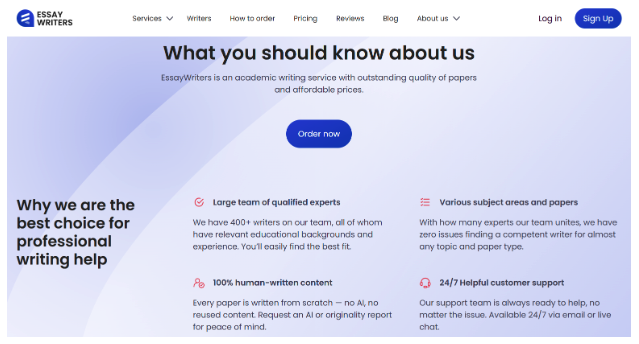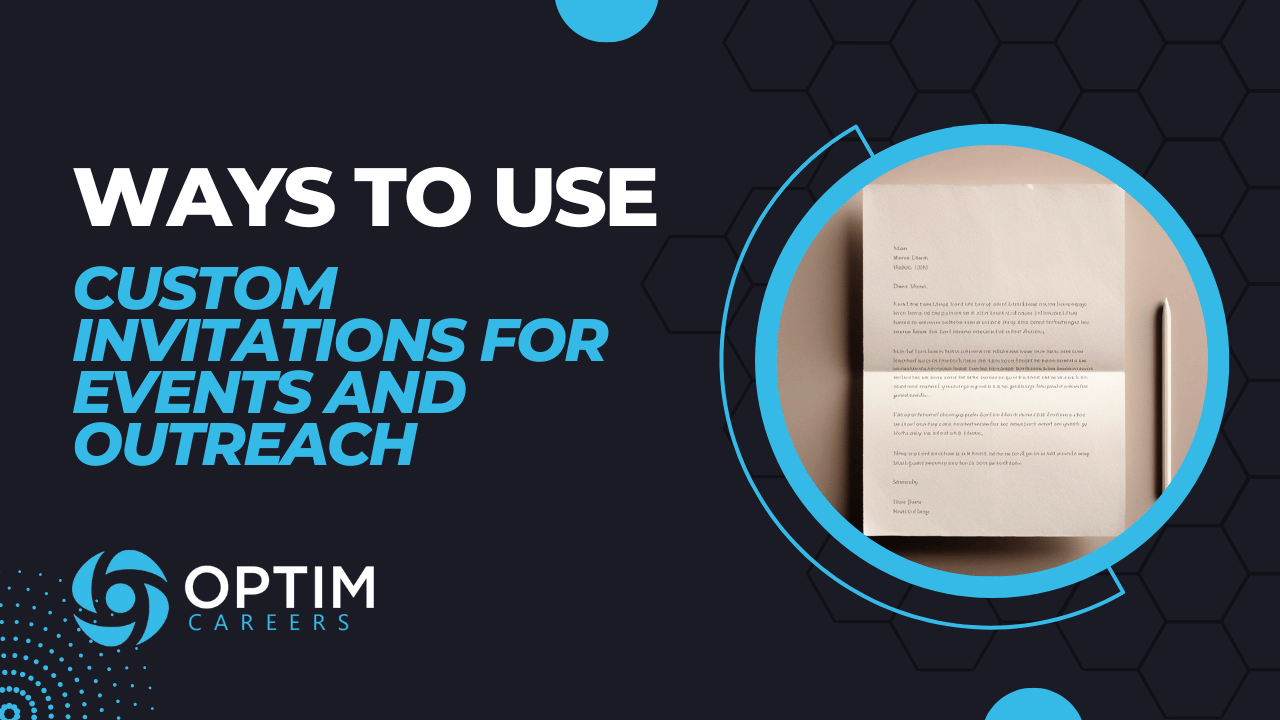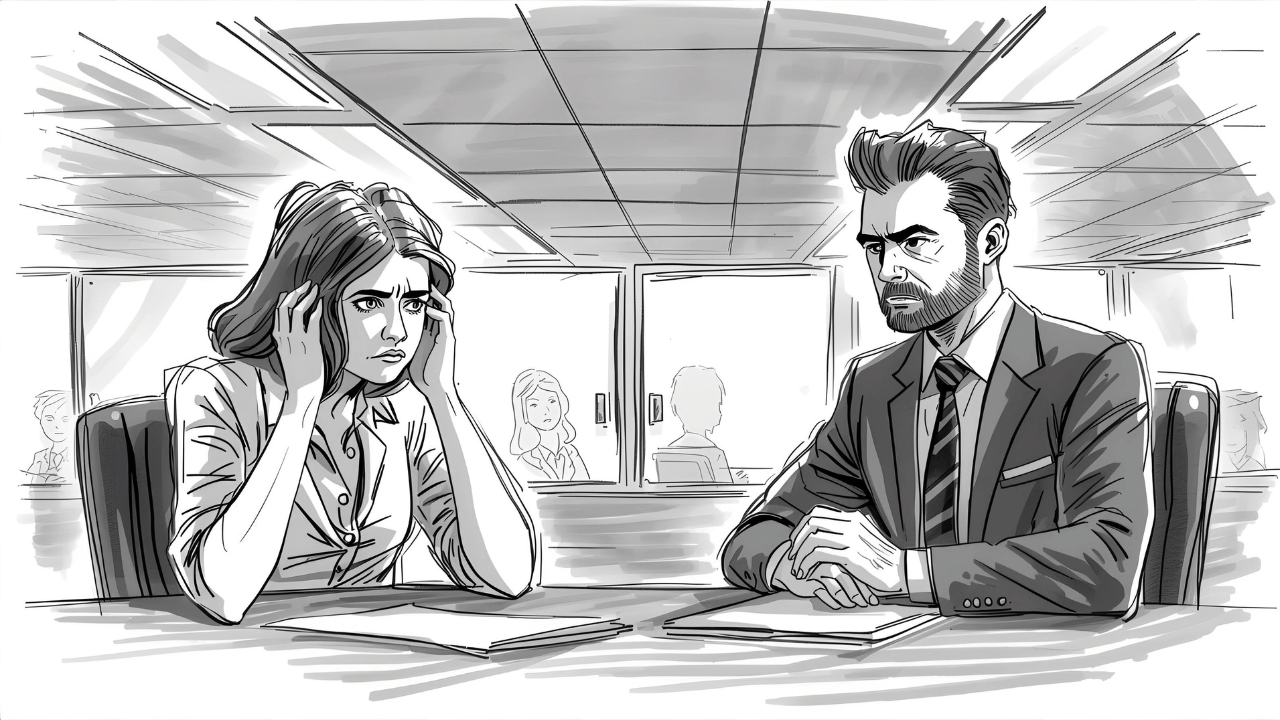How to Respond to a Rejection Email [2 Templates]
You get that email. You know the one, “Despite your amazing qualifications, we unfortunately decided to move ahead with another candidate.” There are few feelings worse than getting this email when you’re looking for a job, but how you respond matters.
Smart people respond to these emails. Really smart people have a template ready to go that they can quickly edit, whether that be in a Google Doc or through an app like Huntr. Because you’re a smart person, I’m going to share with you how you can respond quickly and possibly open the door for future opportunities with a company.
Why You Should Respond
The vast majority of job seekers do not respond to rejection emails. Even worse, some send an angry message and burn bridges. Now don’t get me wrong, I think there are some bridges worth burning, but I’m always cautious about burning them. I think not responding is a mistake (most of the time). Here are some reasons why I think you should respond.
Another Chance to Show, Not Tell
Most of the hiring process is telling, not showing. Yet, actions always speak louder than words. This is another opportunity to show the hiring team who you are and why they’re missing out.
You Are Remembered
I don’t know if it’s because so few people write back, but whatever it is, every time someone writes back a thoughtful, warm message, it stands out. I’ve been in recruiting since 2014 and I can tell you without pause that people remember this kind of stuff. If this is a company you’d like to work for, it’s worth being remembered.
Shows Maturity
Writing a well-crafted response to being rejected definitely shows maturity. It also shows how you can handle difficult situations and respond to unwanted news (both of which you’ll encounter in any job). Writing a response can also show the hiring team that you know what you want - to work with them.
Improves Chances of Being Hired Next
It’s not every day this happens, but these situations happen enough that I would send a response to my rejection email.
I’ve had people who accepted a job decide not to take the job. Some don’t show up on their first day. I guess this is what they call career catfishing these days. And no, I didn’t make that term up, it’s real.
Some people take a job and quickly realize that it’s not for them or they get offered something better a few months after starting and resign.
Sometimes, a different team member is promoted and a similar role opens up.
These are just some of the many situations I’ve encountered in my recruitment career. And guess what? Guess who is always top of mind when this happens? The people who left a good impression - former candidates, many of whom sent a well-crafted response to their rejection email.
I’ve even had instances where a new requisition isn’t opened, a job posting isn’t created - instead, we just called the person who was rejected earlier.
In all of these instances, every good manager and recruiter is going to revisit the previous candidates first - especially the ones they liked.
Think about it. If you were neck and neck with the last person they chose to hire, it makes sense to talk to you first. They probably didn’t even want to reject you for the job, but only one person can get the job.
Open Contract Opportunities
Lastly, I’ve known many people who have responded to rejection emails and kept lines of communication open who soon after landed contract roles with the company they were rejected from. Michele McDanel and I talked about this in one of our podcast chats and how she got several gigs this way.
Contract or temp roles have a different budget and hiring teams usually have a lot more flexibility with bringing people onboard. It’s an easier process, there’s less red tape, you get paid faster, and the pay is usually pretty good.
When You Should Respond
I don’t think every rejection email deserves a response and some you can’t respond to. Rather than tell you when you should respond, let’s talk about the two times I think you shouldn’t bother responding.
If You’re Not Interested
The interview process is a lot like dating. We’re all trying to find out about one another to decide if we want to work together. And sometimes, through that process one or both of us decide that we don’t want to work together, and that’s okay. If you have no interest in working for this company or team in the future, then don’t bother sending a message.
If It’s a No Reply Sender
Many larger companies will send rejection emails from a no-reply email. It might be something like no-reply@optimcareers.com. If this is the case, don’t respond because no one will see it. That’s a waste of your time.
I want to be clear, I’m not talking about automated messages that are sent from an employee’s email. For example, I have an automation in my ATS that will send messages about updates to candidates, but it still comes from my email address. You can still reply to those.
How to Respond to a Job Rejection Email
If you’ve gotten this far, you’ve decided it might be worth sending a reply to that rejection email. I’ll walk you through the responses I’ve received over the years that have impressed me and the hiring managers I’ve worked with. I’ll also give you some samples that you can use for inspiration.
Thank Everyone
First, I would send a thank you to everyone I met during the interview process if you haven’t already. Here’s a template for how to send a thank you after an interview. They all shared their time with you and information about the company - thank them for that.
If you’ve already done that, then all you need to do is reply to the rejection email and reiterate your gratitude for everyone’s time. Easy-peasy.
Express Disappointment
Yes, it is okay and probably beneficial to let them know that you’re disappointed with their decision. But keep it brief. You don’t want to make others feel uncomfortable about you or turn this into a pity party. But letting someone know that you’re disappointed by the decision can show that you are interested in working with them.
Reinforce Your Interest
Make sure you express that you are still interested in the job or working with the company in a similar capacity if anything changes on their end. This could include letting them know you’re open to contract work if they need temporary assistance with anything. Be specific with why you are interested in their company and what specifically you might be interested in doing if it’s different from the original job you interviewed for.
Open Communication Channels
Ask them how you can stay in touch. They may respond with “check our careers page” but they may also give you permission to email them in the future. That permission is important.
Ask For Feedback
Almost every advice blog I read says to ask for feedback when responding to a rejection email. I don’t entirely agree. I think asking for feedback selectively is ok, but I wouldn’t advise doing it regularly for every rejection.
Many places have policies preventing managers and recruiters from giving feedback for liability reasons. Sometimes the recruiter or manager may receive too many requests for feedback and so they’ve built up this resistance to responding to these requests.
And I haven’t even begun to talk about how most of the feedback you’ll get won’t be useful anyhow. What one person loves another will hate. Most of it is subjective. Trust me, I’ve debriefed and gotten feedback after my candidate’s interviews for years and most of it just isn’t helpful.
Therefore, I would ask for feedback much more selectively. If you are communicating directly with a manager whom you had a good conversation with and you have reason to believe that they might be helpful - then ask. But most of the time, I wouldn’t.
Also, by asking, you take away from the message you want to send.
If you do want to ask for feedback, you can try writing something like this:
While I’m dissappointed that I won’t be joining your team, thank you for the update and all the time that you spent sharing with me about your team and department. Given how competitive the job market is right now, would you be willing to share any advice on how I might improve my chances for next time (professional to professional).
Send Your Response Quickly
When job searching, these events weigh on us greatly and consume a large part of our lives, but that isn’t so on the other side. It sounds harsh, but you are one of many things that person has to think about and you’ll quickly be forgotten most of the time.
Therefore, it’s important to respond quickly while you and the job they just hired for are fresh on everyone’s mind.
Don’t Change the Subject Line
If they emailed you a rejection notice, don’t change the subject line when you reply. Simply hit reply and leave the RE:(whatever they made the subject). This way they know exactly what this email is.
If you were one of the few who received a rejection via phone call (rare these days), then it’s ok to follow up with an email shortly after the call. In that case I would title the subject something along the lines of RE: (job title you applied/interviewed for) (department).
How to Respond to a Rejection Email Without Interview Sample
Here is an example of a response to a rejection email when you did not receive an interview.
Thank you for letting me know about your decision regarding the [Job Title] position. While I'm disappointed I won't be joining the team at [Company Name], I appreciate you taking the time to review my application and keeping me informed of your decision.
I remain very interested in [Company Name] and would welcome the opportunity to be considered for future positions that align with my skills and experience. I'm particularly drawn to your company's [specific aspect of company - e.g., innovative approach to sustainable technology] and would be excited to contribute to your team in the future.
Thank you again for your consideration. I wish you and your team continued success.
How to Respond to a Rejection Email After Interview Sample
Here is an example of a response to a rejection email after you interviewed for a position.
Thank you for taking the time to inform me about your decision regarding the Marketing Manager position. While I am naturally disappointed that I wasn't selected, I sincerely appreciated the opportunity to meet with you and learn more about XYZ Corporation's unique approach to digital marketing.
I was particularly impressed by your team's commitment to data-driven decision-making and the collaborative culture you've built. I remain very interested in contributing to XYZ Corporation's continued success and would welcome the opportunity to be considered for future roles that align with my experience and skills.
If any similar positions open up, or if you need temporary marketing support, I would be delighted to reconnect. In the meantime, I wish you and your team continued success.
Thank you again for your time and consideration throughout the interview process.
Tips to Responding to Rejection
Be Selective Asking for Feedback
I think you’ll find more success focusing on a message of keeping communication channels open and expressing your interest in future roles or contract work.
Expect Rejection
Several hundred people apply for one job. Only one person gets the job. That’s just how it works. If you expect rejection it will help minimize the sting.
Don’t Take It Personally
Remember that a rejection regarding a job opportunity is not tied to your personal worth. It’s not even tied to your professional work entirely. It just means that right now, at this time, there isn’t enough alignment between you and the company. But that could change. Things always change.
People get hired all the time by companies who previously rejected them so how you respond matters.
How to Respond to Rejection Email Recommended Reading
How to Ask for Feedback After Job Rejection
Cole Sperry has been a recruiter and resume writer since 2015, working with tens of thousands of job seekers, and hundreds of employers. Today Cole runs a boutique advisory firm consulting with dozens of recruiting firms and is the Managing Editor at OptimCareers.com.
Get Smarter About Job Search
Members get exclusive job search analysis, a curated coaching feed, and on-demand coaching.















